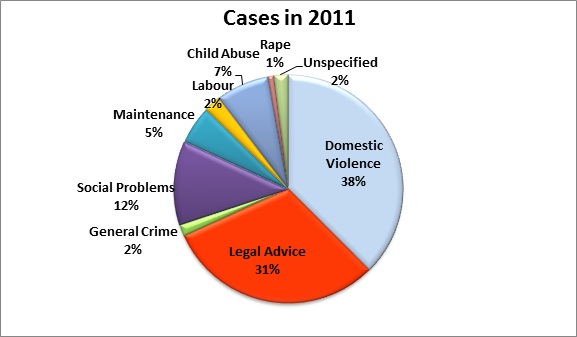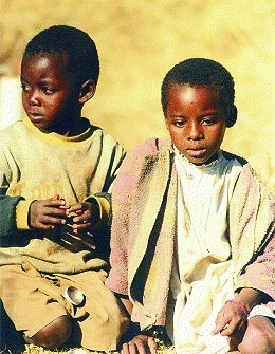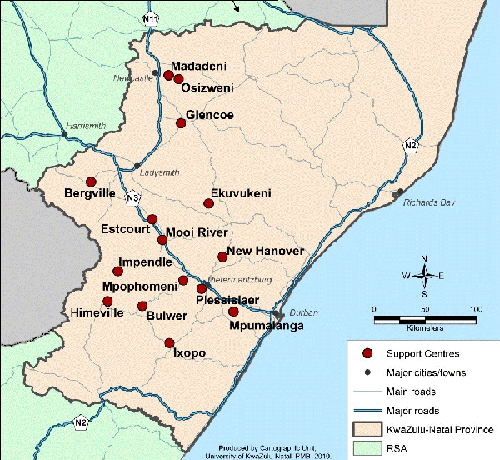
Since 1997 the outreach program has formed the core of the Centre’s activities. There are presently fifteen community support centres in the interior of KwaZulu-Natal (see map opposite), employing twenty local women trained in paralegal skills, each serving areas of fifty square kilometres or more.
Unlike other advice offices in the province, the centres are based at police stations and magistrate courts. This is in order to offer convenient access for clients and to be able to work easily with criminal justice services – for example by helping clients to report a crime, assisting with counselling and taking statements, and applying for court orders and affidavits. Since 1997 coordinators have attended to approximately 100,000 cases.
Paralegal coordinators help rural communities, especially women and children, to use state services and private organisations to gain access to their legal rights and improve their lives. They enable disadvantaged individuals, who otherwise lack the knowledge or means, to learn about and use the law to solve their problems.
Find out more about the outreach staff and the areas they serve, including interviews with them about the challenges they face:


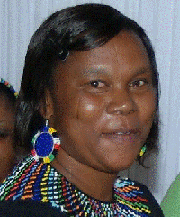
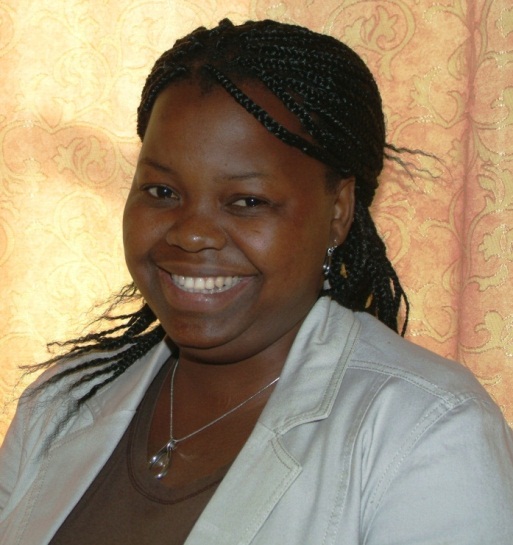

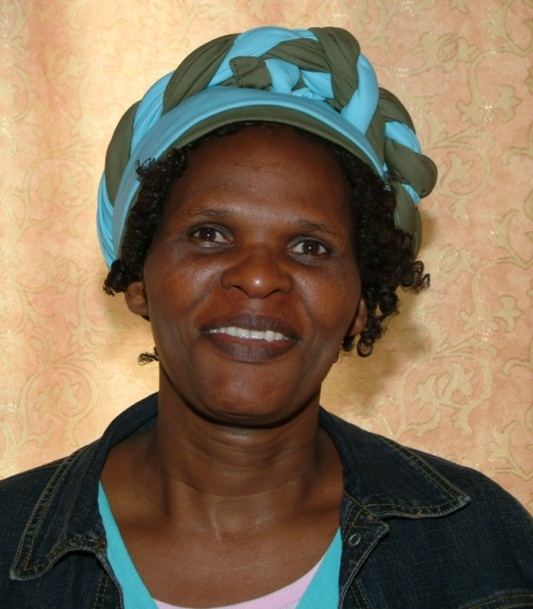
Zodwa Maramane Zolta Buthelezi Zandile Zikode Bazamile Magubane Sindi Mjoli Dudu Basi
Impendle Mpumalanga Ixopo Ixopo Himeville Mooi River
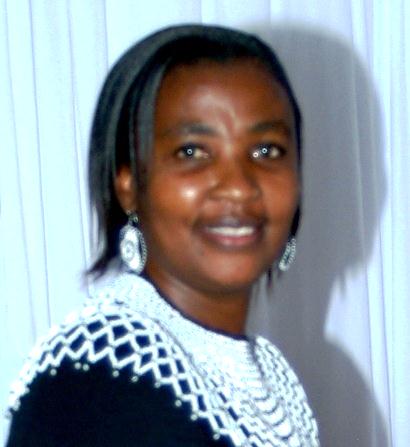




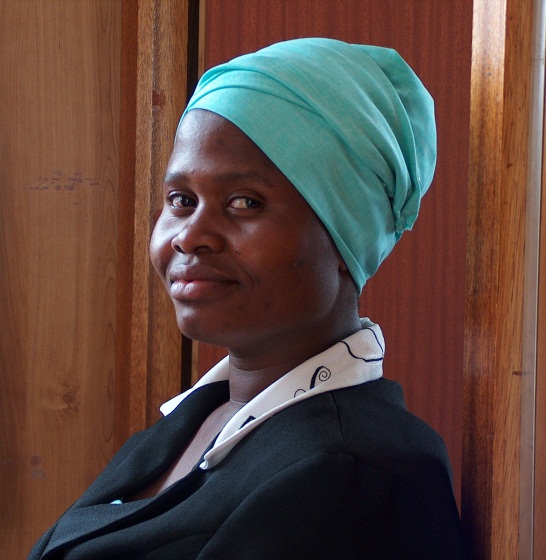
Zandile Khanyile Theresa Thusi Sonto Nene Patricia Maphanga Nombuso Ngcobo Nokuthula Mchunu
New Hanover Plessislaer Madadeni Bulwer Ekuvukeni Bulwer


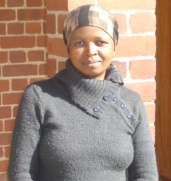



Lucky Mkhize Thabisile Miya Tshengisile Dlamini Sibongile Mchunu Sibongile Masondo Phumelele Mathonsi
Mpophomeni New Hanover Bergville Glencoe Osizweni Estcourt
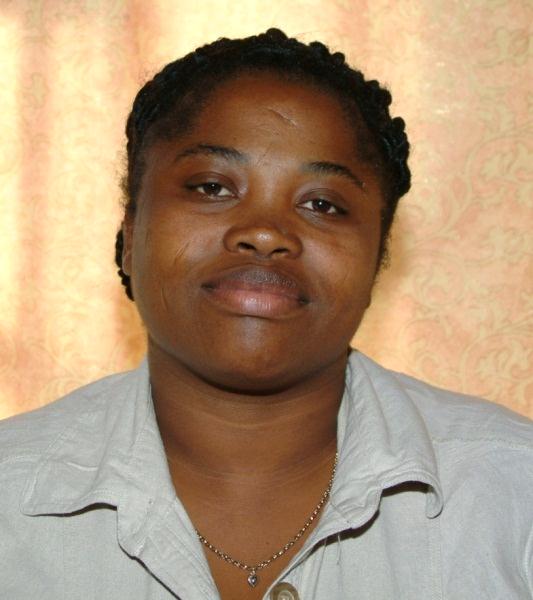
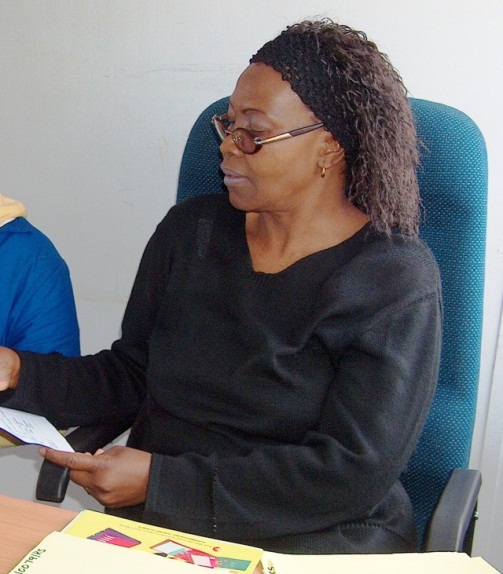
Fisani Ngcobo Khanyi Singh
Plessislaer Plessislaer
Rural communities face several obstacles when accessing the legal system, such as ignorance of their rights and a fear of secondary traumas when reporting crimes: for example, women fear having to report a crime to a man and being ignored and treated insensitively by police. There are cultural and historical constraints such as fear of the police and pressure to endure domestic violence without complaint, as well as a lack of money and transport with which to access services. The outreach program seeks to remove these barriers and to form a bridge between clients and their rights.
The chart below shows the types of cases that clients approached the support centres with in 2011:
